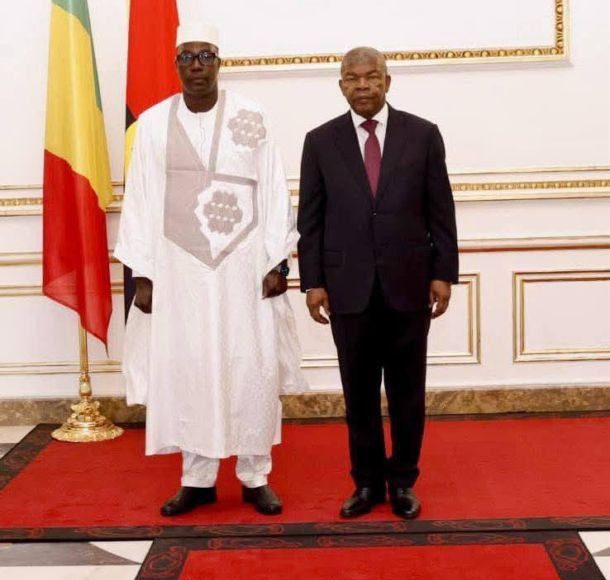
Nigeria’s economic landscape faced an intensified challenge as November 2023 witnessed a surge in headline inflation, reaching a staggering 28.20%.
Data released by the National Bureau of Statistics unveiled a notable uptick from October 2023, marking a 0.87% increase in headline inflation rates.
The year-on-year analysis painted a concerning picture, showcasing a 6.73% surge in inflation compared to November 2022, when the rate stood at 21.47%. This consistent climb illustrates the persistent struggle faced by consumers amidst price fluctuations across various sectors.
Breaking down the contributors to this surge, the analysis highlighted the divisions that significantly influenced the headline index. Food and Non-Alcoholic Beverages emerged as a major driver, contributing 14.61%, closely followed by Housing, Water, Electricity, Gas, and Other Fuel at 4.72%. This emphasizes the broad spectrum of sectors experiencing inflationary pressures.
On a month-on-month basis, November 2023 saw a 2.09% increase in the average price level, surpassing the 1.73% recorded in October 2023. This upsurge denotes an accelerated rate of price hikes, further burdening the average consumer.
The urban areas witnessed a more pronounced impact, with urban inflation soaring to 30.21% year-on-year, marking an 8.13% increase from November 2022. The ripple effect extended to food inflation, escalating to 32.84% year-on-year, primarily fueled by surging prices of essential items like Bread and Cereals, Oil and Fat, Meat, and Vegetables.
Moreover, the analysis highlighted a critical shift in the core inflation measurement. The term “Core inflation” now excludes volatile agricultural products and energy, previously regulated by the government.
With the deregulation of energy prices, this sector experienced a 4.39% surge, at 22.38% year-on-year in November 2023.
Regionally, the inflation landscape varied, with Kogi, Lagos, and Rivers facing the highest headline inflation rates, while Borno, Katsina, and Plateau recorded relatively slower rises. Food inflation also showcased similar regional disparities, with Kogi, Kwara, and Rivers facing the highest year-on-year rates and Bauchi, Borno, and Jigawa witnessing slower increments.
These statistics underpin the complex economic challenges faced by Nigerians across various regions, with the cost of living becoming increasingly burdensome.
As the nation navigates through these inflationary pressures, policymakers, economists, and consumers should closely monitor these trends, seek sustainable solutions to alleviate the mounting financial strain on households and mitigate the broader economic implications.
Read: “My Oga at the Top”: A Culture of Rewarding Incompetence
About The Author
Related Articles
Zimbabwe Rejects $350m US Health Deal Over Sovereignty Dispute
Zimbabwe has formally withdrawn from negotiations on a proposed $350 million health...
ByWest Africa WeeklyFebruary 25, 2026Niger’s President Outlines Vision for Strategic Partnership with China
Niger’s Head of State, General Abdourahmane Tiani, has articulated a renewed vision...
ByWest Africa WeeklyFebruary 25, 2026Fire Destroys 140 Tonnes of Cotton in Western Burkina Faso
A major fire has destroyed more than 140 tonnes of cotton in...
ByWest Africa WeeklyFebruary 25, 2026Mali’s New Ambassador to Angola Presents Credentials, Pledges Stronger Bilateral Ties
Diplomatic relations between Mali and Angola entered a new phase on February...
ByWest Africa WeeklyFebruary 25, 2026












